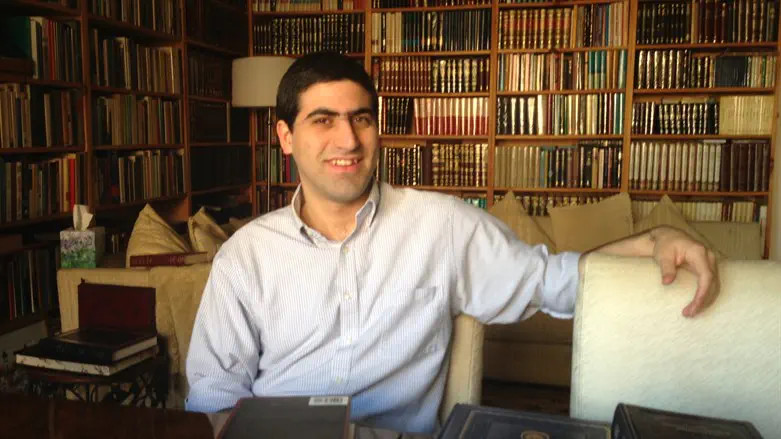
Shemos 3:12 is a strange verse:
“…and this is the sign [indicating] that I have sent you. When you bring the people out of Egypt, you
shall serve G-d on this mountain.”
Of what use is a sign that will occur a year later? Moshe doubted he was the right man for the job and
feared that the Jewish masses wouldn’t listen to him. G-d says He will give him a sign. Wonderful. But
the sign He gives him seems useless. By the time the Jews get to Mt. Sinai, surely all serious doubts will
have been settled one way or another. What, then, was this sign’s purpose?
The classic commentators offer a variety of solutions to this enigma, but I think Rav Samson Raphael
Hirsch’s explanation is particularly interesting. According to Rav Hirsch, “this” refers to Moshe’s protest
of inadequacy in the previous verse (3:11): “Who am I that I should go to Pharaoh and take the Children
of Israel out of Egypt?”
G-d replies, “Perfect. Only someone as ‘inadequate’ as you can take the Jews out of Egypt without them
mistaking their human redeemer for their true redeemer.”
Imagine if Moshe had had the personality of a Napoleon or a Winston Churchill. His charisma would have swept the Jews off their feet and they would have been convinced that Moshe – not some invisible G-d in heaven – took them out of Egypt.
That’s why it was important that Moshe not resemble the great men we read about in history books. G-
d specifically chose Moshe – a great man, but one who deemed himself unfit for the job. “This utter lack
of confidence in himself and his ability,” writes Rav Hirsch, “is in itself the most vivid proof of the divine
origin of all that which was done and spoken by Moshe.”
G-d told Moshe: “This” – your inadequacy and self-doubt – will be a sign to the Jews that I have sent
you. It will indicate to them that a higher being – not you – is taking them out of Egypt. “Your
insufficiency will, for all time, stamp the works that I shall accomplish through you with the ‘sign’ (ha’os)
that what you do could only be accomplished in My mission and by My powers. Your insufficiency is the
guarantee that you are sent by G-d.”
The importance of the Jews recognizing G-d alone as the source of their freedom is a running theme in
Rav Hirsch’s commentary on the exodus. It explains why Moshe was a stutterer, it explains why the
Jews couldn’t leave Egypt in a relaxed fashion (and we eat matzah every year to remind us of this fact),
and it explains why Pharaoh rejects Moshe’s demand to release the Jews at the end of this week’s
parsha.
After Moshe complains bitterly, G-d says, “Now you’ll see what I’ll do to Pharaoh” (Shemos 6:1).

Writes Rav Hirsch:
“This is just the moment for which I was waiting. … It must first be made clear that by ordinary human
means nothing can be accomplished with Pharaoh. In the presence of the representatives of the
people, Moshe and Aharon must stand there completely stumped, and their complete inability to do
anything clearly demonstrated, before the deliverance can commence as the sole work of G-d.”
